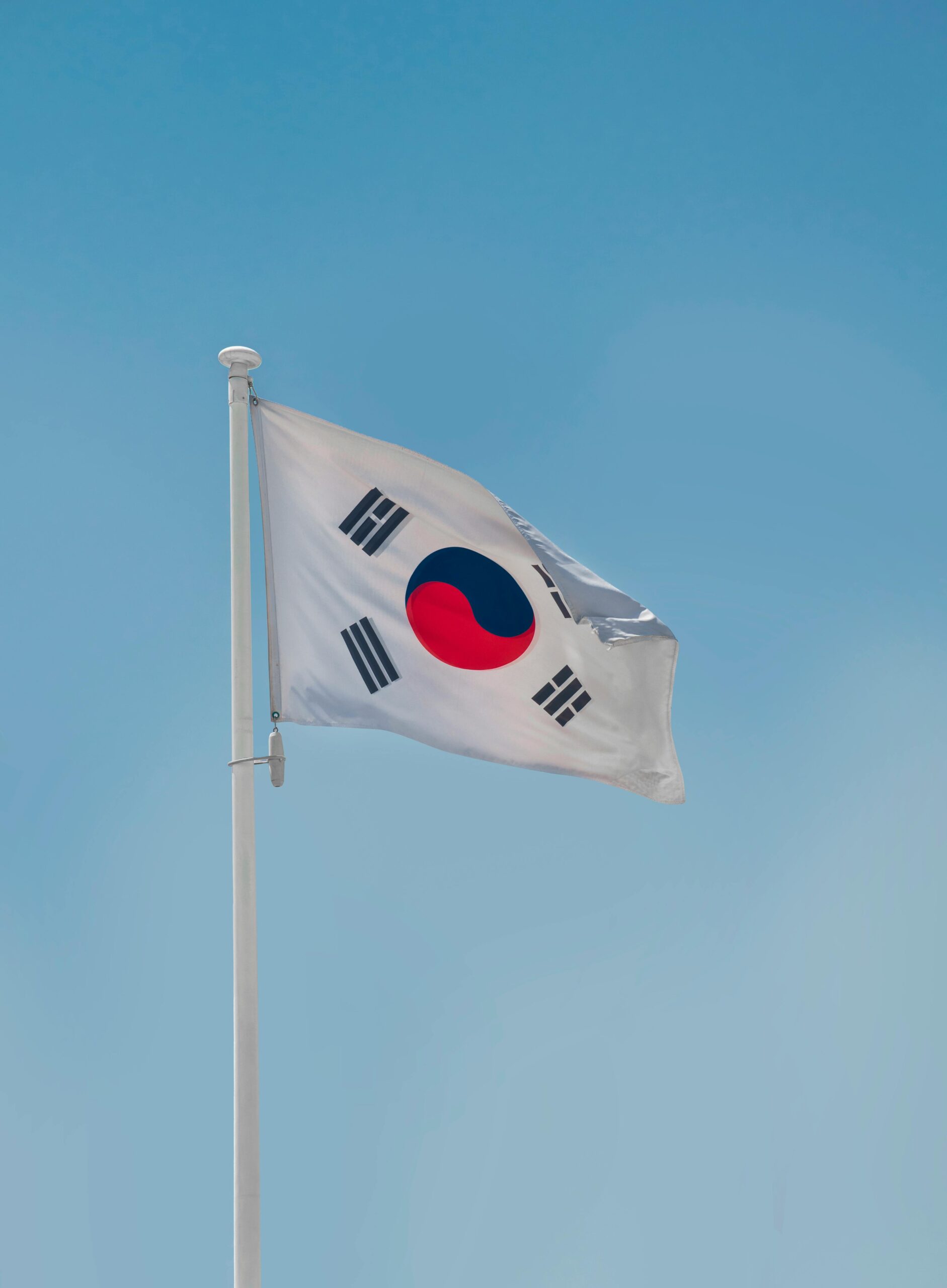South Korean President Yoon Suk Yeol announced on Wednesday that he would lift a martial law declaration he had imposed just hours earlier, following a resounding parliamentary vote against the measure. The decision came amid an escalating political crisis, drawing both domestic outrage and international attention.
The Martial Law Declaration: A Controversial Move
On Tuesday, President Yoon declared martial law, citing a need to counter “anti-state forces” among his political opponents. The measure, which granted extraordinary powers to the government and military, sparked immediate backlash. Critics saw it as an attempt to suppress dissent, rather than a legitimate response to national security concerns.
The announcement prompted mass protests outside the South Korean parliament, where citizens voiced their anger over what they perceived as an authoritarian overreach. Lawmakers were equally alarmed, swiftly convening to address the crisis.

Parliament’s Resounding Rejection
In an unprecedented show of unity, 190 lawmakers unanimously voted to reject the martial law declaration. Under South Korean law, the president is legally obligated to rescind martial law if the parliament opposes it by a majority vote. Even members of Yoon’s own political party urged him to respect the decision and lift the decree.
Why It Matters
South Korea is a vibrant democracy and a significant player on the global stage, as a U.S. ally and one of Asia’s leading economies. The martial law declaration raised concerns about the erosion of democratic principles in a nation that has made significant strides since the end of its military dictatorship in the 1980s.
The crisis also underscores the fragility of democratic institutions in the face of political power struggles. Any perceived backsliding in South Korea could have far-reaching implications for its reputation and its alliances, particularly with the United States, which values South Korea as a cornerstone of stability in the region.
The Bottom Line
President Yoon’s decision to lift martial law marks a de-escalation of South Korea’s most significant political crisis in decades. However, the episode serves as a stark reminder of the importance of vigilance in protecting democratic institutions. The swift response from lawmakers and citizens alike highlights the resilience of South Korea’s democracy, but the incident leaves lingering questions about the balance of power and the risks of political overreach.

















